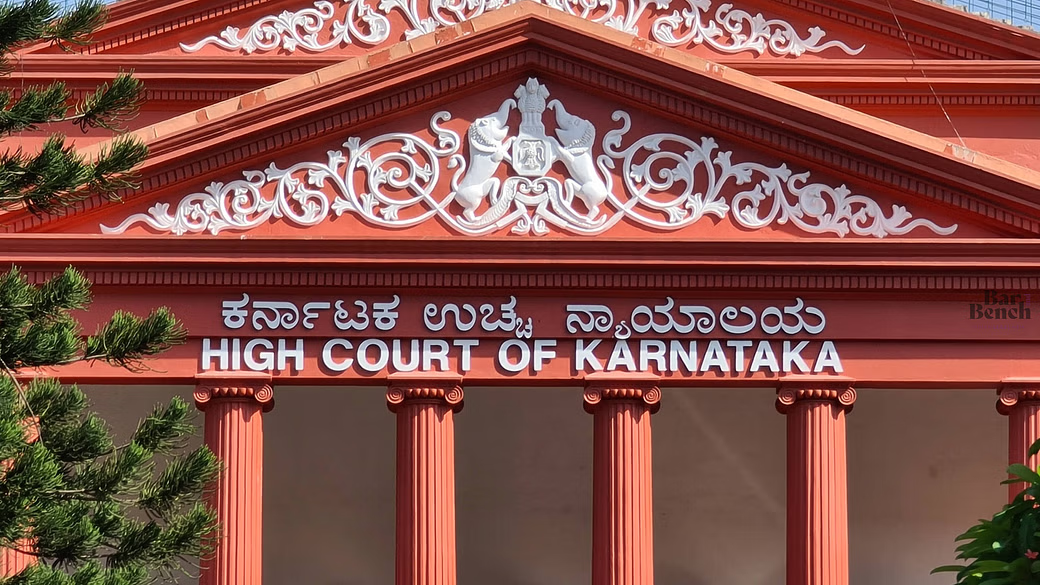
K’taka HC dismisses Twitter plea challenging Centre’s orders to block tweets, accounts; fines Rs 50 lakh
text_fieldsBengaluru: The Karnataka High Court on Friday dismissed a petition filed by Twitter challenging ten blocking orders issued by the Central government between February 2021 and 2022 directing the microblogging platform to take down 39 URLs.
A single judge bench of Justice Krishna S Dixit also imposed a whopping ₹50 lakh penalty on Twitter, citing Twitter’s failure to provide reasons for not complying with the Central government's demands for blocking in a timely manner.
The Court stated that Twitter is not a farmer or an ordinary person unfamiliar with the law, but a billionaire company.
Justice Dixit agreed with the Central government's stance that it not only has the power to block tweets, but it can also block accounts.
The court dealt with around eight questions in the judgment including whether reasons should be communicated to the user whose tweet is blocked and whether the blocking of tweets should be period-specific or if tweets can be blocked for an indefinite period of time, reports the Bar and Bench.
The costs are to be paid within 45 days to the Karnataka State Legal Services Authority. The Court said that ₹5,000 would have to be paid for every day that the payment is delayed.
The bench also refused to issue Guidelines to the Centre, as sought by Advocate Manu Kulkarni for Twitter, for the exercise of its powers under Section 69A.
The Court had reserved its verdict in the matter on April 21 after hearing extensive arguments by both parties.
Twitter contended that the Central government was not empowered to issue general orders calling for the blocking of social media accounts and that the orders must contain reasons which should be communicated to users.
It also stated that a blocking order could only be issued in a situation where the nature of the content was in line with the grounds laid down under Section 69A of the Information Technology Act, reported Bar and Bench.
Additionally, if reasons were not recorded in such blocking orders, there would be a possibility of reasons being manufactured at a later stage, Twitter said.
Twitter asked how it could be directed to block user accounts and muffle their freedom of speech when news relating to these events were freely circulated by Television and print media.
"If on my platform 1200 accounts are blocked even when the material is appearing in print and TV, then it is causing prejudice," Senior Advocate Arvind Datar who appeared for the microblogging platform submitted, as quoted by LiveLaw.
The Centre contended that Twitter cannot speak on behalf of its account holders and, therefore, it had no locus standi to file the petition.
In its petition filed before the High Court, Twitter contended that account-level blocking is a disproportionate measure and violates the rights of users under the Constitution.
Out of a total of 1,474 accounts and 175 tweets, Twitter challenged the blocking of only 39 URLs.
The petition stated that the orders in question are manifestly arbitrary, and procedurally and substantively not in consonance with Section 69A of the IT Act, reported Bar and Bench.
The Central government submitted in its reply that the directions to block certain Twitter accounts were issued in the national and public interest and to prevent incidents of lynching and mob violence.
The government emphasised that it is committed to providing an open, safe, trusted and accountable internet to its citizens and that its powers to block information has a limited scope.
Senior Advocates Ashok Haranahalli, Arvind Datar and Advocate Manu Kulkarni represented Twitter while Additional Solicitor General of India R Sankaranarayanan appeared for the Central government.






















